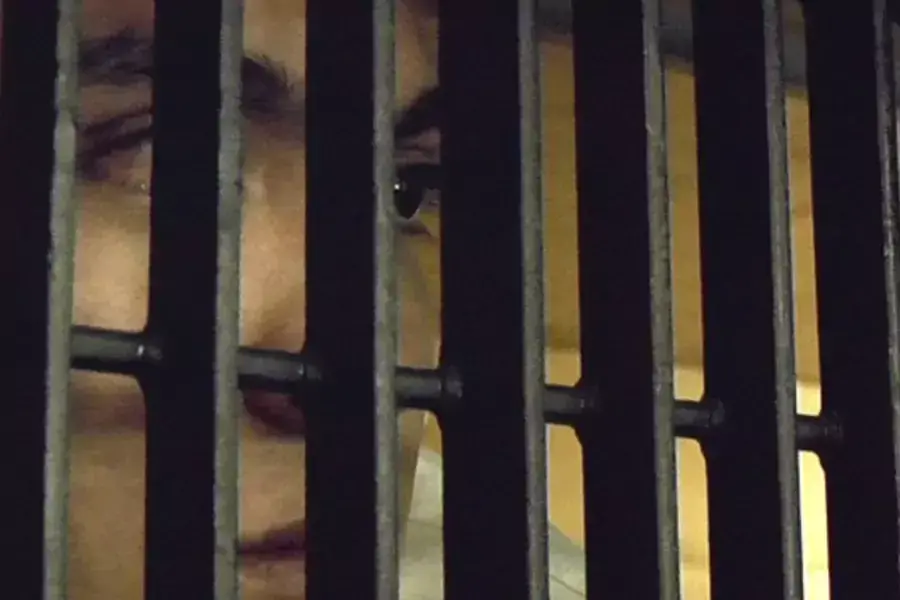Justice in Mexico

CFR just released a very thoughtful report by David A. Shirk, “The Drug War in Mexico: Confronting a Shared Threat,” that explores the Mexican government’s capacity to fight organized crime. In it he argues that the U.S. should help Mexico address crime and corruption by focusing on building its judicial and law enforcement institutions. It can be accessed here.
A vivid take on the challenges Mexico’s justice system faces is presented in the extraordinary and award-winning documentary "Presunto Culpable" (Presumed Guilty). It tells the story of Antonio Zúñiga, who in 2005 was sentenced to twenty years in prison for a murder he did not commit, and two young attorneys turned filmakers, Layda Negrete and Roberto Hernández, who attempt to exonerate him. They bring a camera into the courtroom to expose the injustices, corruption and contradictions of a judicial system that presumes suspects guilty until proven innocent.
More on:
The film tells the other side of the story to Mexico’s 95% impunity rate: once charged, the court system stacks the deck to keep defendants locked up. Many never even see a judge or their arrest warrant, much less have access to a decent attorney.
While briefly pulled from cinemas due to a judge’s temporary injunction, a higher court overturned the ban last week on the grounds that it is in the public interest for it to be shown. Already the highest selling documentary in Mexico’s cinema history, it continues (at least for now) in theaters throughout the country. Presumed Guilty can be viewed on PBS until March 31, here.
More on:
 Online Store
Online Store